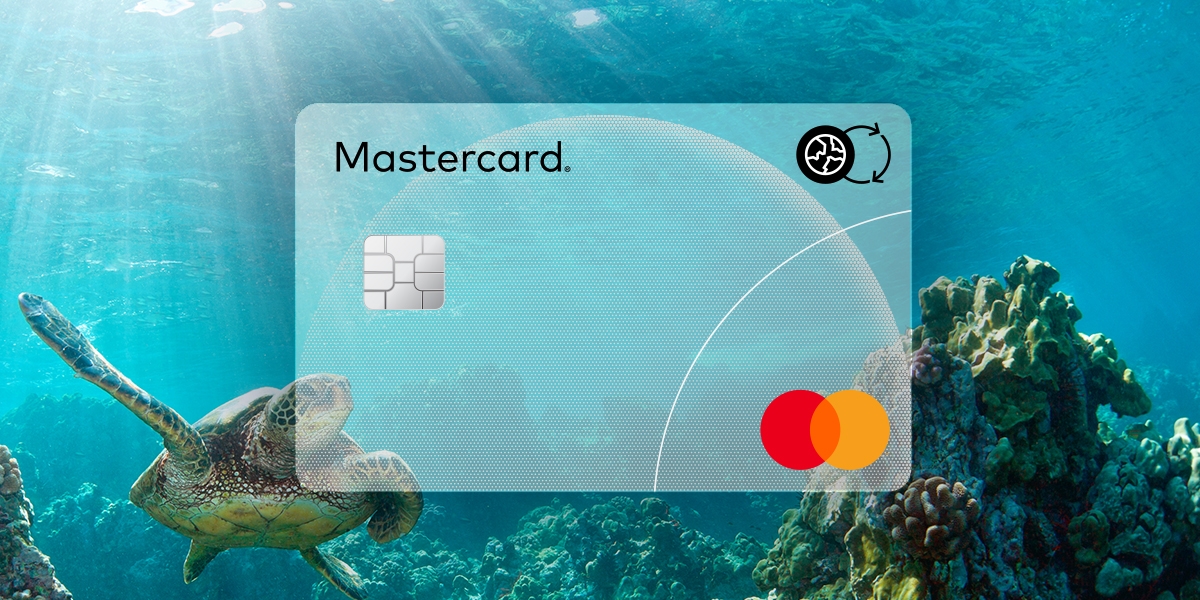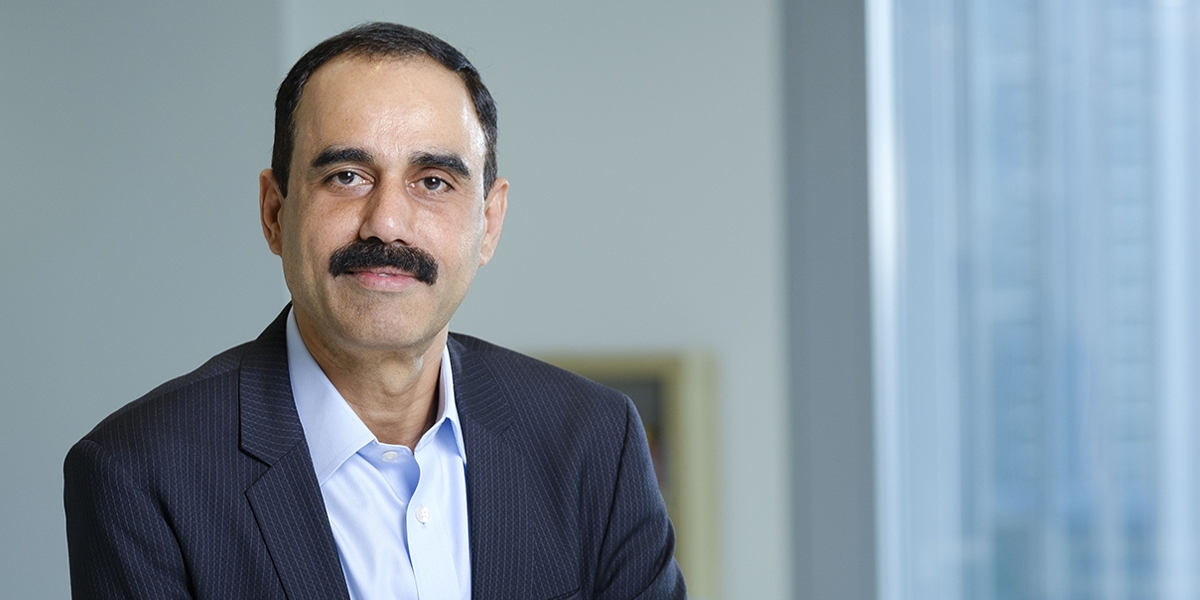Investing in Material Change: Payment Cards That Don’t Cost the Earth
June 3, 2021, 8:20 AM EDT
With World Environment Day just around the corner, what better time to consider our individual and collective responsibilities to our planet? This is the defining challenge of our age. More than 60% of consumers say that it’s critical that organizations behave in a more sustainable and eco-friendly way.
Recognizing this demand for action, a host of excellent sustainability initiatives are already underway—from London, Paris and Milan drastically reducing inner-city traffic through large pedestrianized zones to the U.S. reentering the Paris Agreement. For Mastercard, our ethos of “Doing Well by Doing Good” has included addressing the estimated 6 billion plastic payment cards that are produced each year. Typically made from PVC, discarded cards are ultimately sent to landfills around the world. While our analysis shows that cards represent less than 0.01 percent of the volume of plastic manufactured each year, it adds up.
We are now furthering our efforts to give confidence to our customers, the wider industry and consumers that steps are being taken to address the urgent environmental challenges we face today.
Empowering Consumers to Make Eco-Friendly Choices
Wanting to do the right thing is easy, but making it happen across extended supply chains with multiple partners can be trickier. That’s why Mastercard is harnessing our experience and insight to introduce a first-of-its-kind sustainable card badge and certification program that makes it easy at each step of the payment card supply chain to make informed, sustainable choices that meet consumer needs.
This program provides deep insight into the environmental impacts of the card options available. As a result, consumers are issued cards that they can be confident are environmentally friendly. And by choosing card materials from the approved Mastercard Sustainable Materials Directory, issuers know they are working with materials that have been scrutinized and independently verified, and can be measured to help achieve their overall ESG goals.

The certification program begins with vendors of cards or card material submitting a physical product and associated sustainability claim for review. These are assessed on the product’s ability to make meaningful reductions in areas such as energy consumption, material consumption and carbon footprint, all the way through to the material into landfill and waste at the end of life. Approved issuers then have the right to feature the Mastercard sustainable card badge on qualifying cards.
This is the world’s first sustainable card badge, empowering consumers to make eco-friendly choices. Think of it as a mark of quality for the card’s environmental credentials—an everyday reminder to the consumer of the sustainable commitments their bank has made to address cardholder concerns.
This new program builds on the Greener Payments Partnership, formed by Mastercard and card manufacturers Gemalto, Giesecke+Devrient (G+D) and IDEMIA in 2018, to reduce first-use PVC plastic in card manufacturing. Today, Mastercard’s sustainable card offerings are in consumers’ hands in over 30 countries, through nearly 100 financial institutions, including Banco Santander and Starling Bank, that have issued cards made from recyclable, recycled, bio-sourced, chlorine-free, degradable or ocean plastics.
Moving Toward a More Circular Economy
While it remains vital to help guide the industry to a more sustainable future, we cannot overlook the current reality of card disposal. The sheer number of parties involved means there is no one-size-fits-all solution. Instead, to truly drive change, behaviors and card disposal methods must evolve. To move this forward and ensure that consumers have the ability to recycle their cards easily, Mastercard is partnering with G+D to deliver specialist payment card collection and recycling programs. The scalable program is open to all issuers and will give the industry confidence that card recycling can be a viable long-term solution.
Building Momentum to COP26
At Mastercard, we’ve seen the growing consumer passion for the environment, and we are committed to helping consumers contribute to the future of the planet. Our Priceless Planet Coalition unites the efforts of merchants, banks, cities and consumers to restore 100 million trees and help combat climate change. Our carbon calculator allows banks to provide card users with data and insights about carbon impact and provides ways to contribute to reforestation. This year, we have also committed to net-zero emissions by 2050.
These initiatives, alongside the latest steps we are taking to move our industry forward, display not just Mastercard’s optimism, but also our commitment to changing things for the better. The delayed COP26, now scheduled for November 2021, will see world leaders meet to focus on climate change. As individuals and organizations, we must similarly focus our passion and ingenuity on this major challenge facing humanity.
We all know what 2020 will be remembered for. Perhaps, if we act together, 2021 will be remembered as a positive turning point for our planet.
— By Ajay Bhalla, President, Cyber & Intelligence, Mastercard

